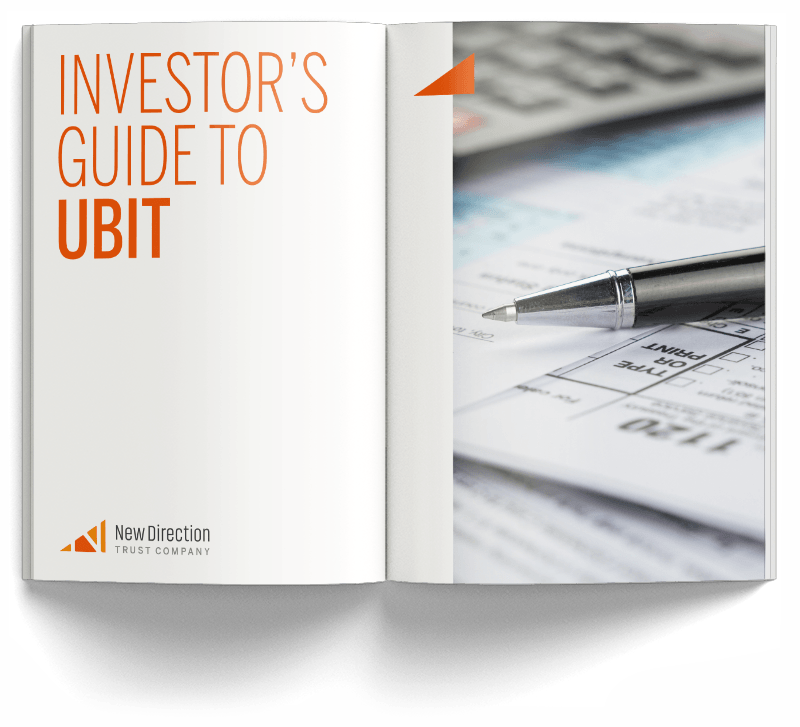Resources
UBIT, UDFI & UBTI
Understanding how Unrelated Business Income Tax (UBIT), Unrelated Debt-Financed Income (UDFI), and Unrelated Business Taxable Income (UBTI) is calculated and applied to investments can help you make informed decisions in managing your self-directed account.
It is the account holder’s choice as to whether the account invests in an asset that might incur these taxes. However, these taxes should not be seen as a deterrent, as they do not have to be complicated or costly.






